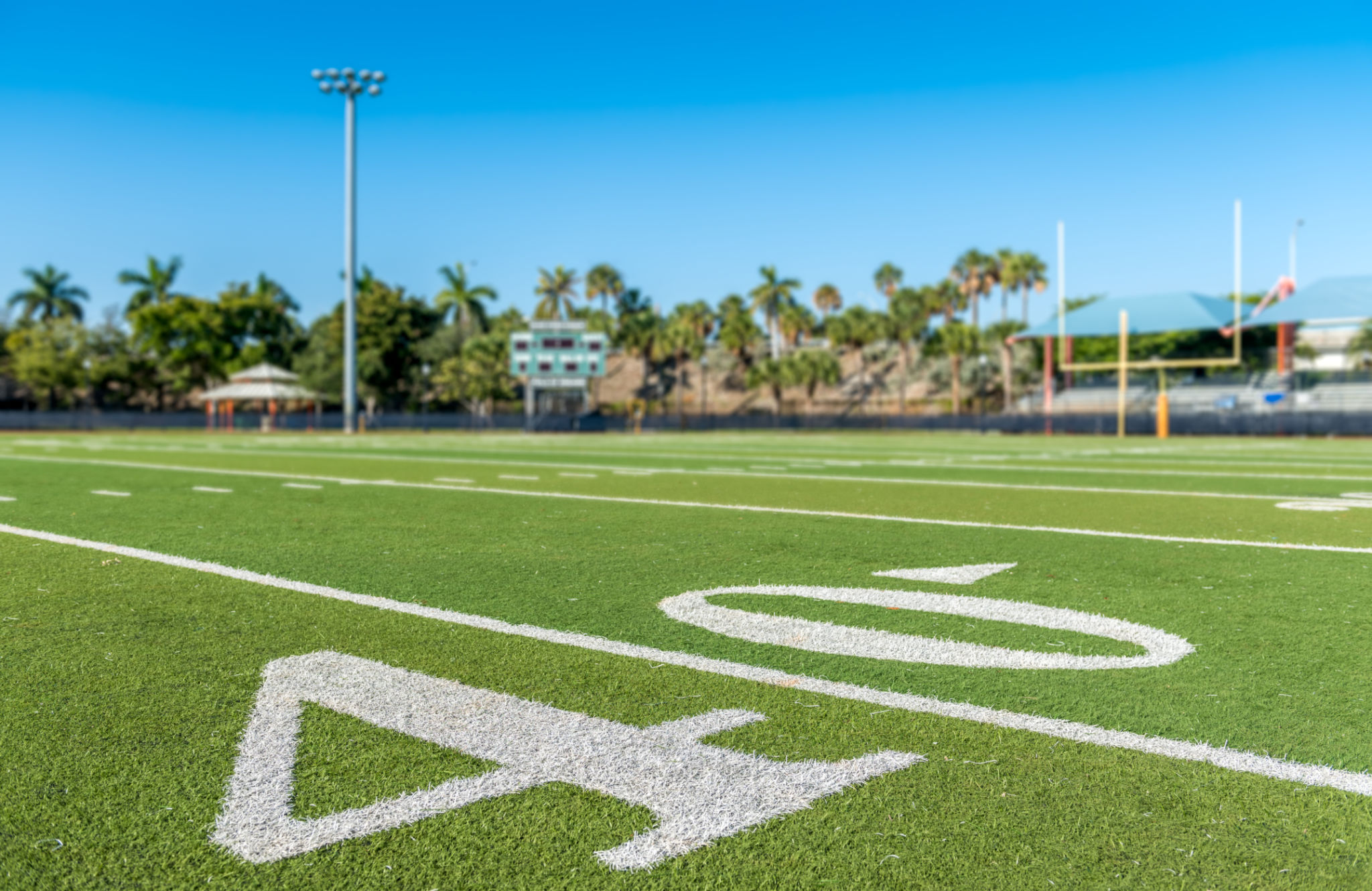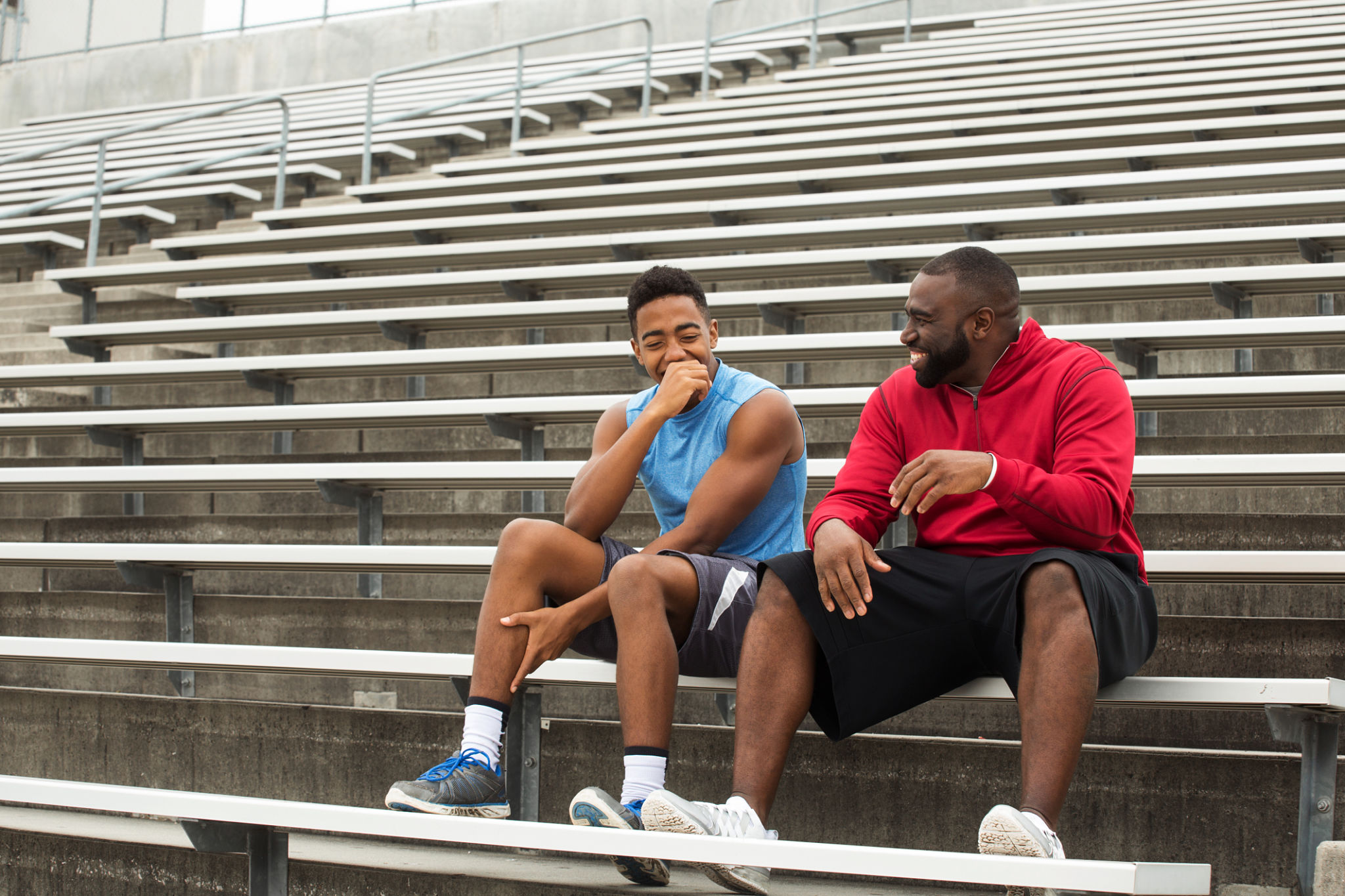From High School to College: Transitioning Your Football Skills
Understanding the Differences
Transitioning from high school to college football can be an exciting yet challenging journey. The level of play significantly intensifies, and understanding these differences is crucial for success. In high school, the focus is often on developing basic skills and teamwork. However, college football demands a higher level of commitment, physicality, and strategic thinking.

College teams are highly competitive, and players are expected to bring their A-game at all times. The speed of the game increases, and the playbooks become more complex. To thrive, you need to be mentally prepared to adapt and grow your football knowledge continuously.
Enhancing Physical Fitness
One of the most significant changes in college football is the emphasis on physical fitness. College athletes are expected to maintain peak physical condition throughout the season. It's essential to focus on building strength, endurance, and agility.
Working with a specialized fitness coach can be beneficial. They can tailor a workout regimen that targets specific areas for improvement. Additionally, nutrition plays a vital role in athletic performance. Fueling your body with the right foods will enhance your energy levels and recovery time.
Mastering Time Management
Balancing academics and athletics is a critical skill for college athletes. Time management becomes increasingly important as you juggle classes, practices, games, and personal commitments. Developing a structured schedule will help you stay on top of your responsibilities.

Utilize resources such as academic advisors and support staff who specialize in assisting student-athletes. They can provide guidance on maintaining a balance between your education and your passion for football.
Improving Mental Toughness
Mental toughness is a key component of succeeding in college football. The pressure to perform at a higher level can be intense, and building resilience is essential. Techniques such as visualization, meditation, and mindfulness can help you stay focused and calm under pressure.
It's also important to embrace feedback from coaches and teammates. Constructive criticism is an opportunity for growth, so approach it with an open mind and a willingness to learn.
Building Strong Team Dynamics
The importance of teamwork cannot be overstated in college football. Developing strong relationships with your teammates both on and off the field fosters a positive team environment. Participate in team-building activities and communicate openly with your fellow players.

Leadership skills are also valuable in creating a cohesive team dynamic. Whether you're a team captain or a supportive teammate, showing leadership through encouragement and accountability will positively impact the team's success.
Adapting to New Coaching Styles
College coaches often bring different strategies and coaching styles compared to high school coaches. Being adaptable to new coaching methods will enhance your development as a player. Pay attention to feedback and be proactive in seeking clarification when needed.
By embracing these new approaches, you'll expand your football knowledge and skills, positioning yourself for success in college and beyond.
Conclusion
The transition from high school to college football is a transformative journey that requires dedication, discipline, and adaptability. By focusing on enhancing your physical fitness, mastering time management, improving mental toughness, building strong team dynamics, and adapting to new coaching styles, you’ll be well-prepared to excel on the college field.
Remember, this journey is not just about improving your football skills but also about growing as an individual. Embrace each challenge as an opportunity to learn and develop both as an athlete and as a person.
